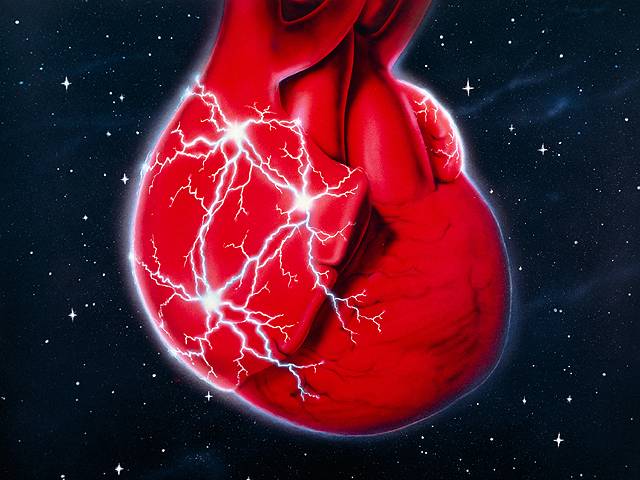Does caffeine cause atrial fibrillation?
Many people believe that caffeine can be the trigger for cardiac arrhythmias such as atrial fibrillation. But a study shows that it’s the opposite.
 But a study shows that this statement is the contrary to the truth. That is probably the reason for the popular belief, coffee could be bad for the heart and cause atrial fibrillation, among other things. To clarify the relationship between caffeine and arrhythmia, many studies have been carried out. Now researchers have released a new meta-analysis, in which have been received data from 228 465 persons in total.
But a study shows that this statement is the contrary to the truth. That is probably the reason for the popular belief, coffee could be bad for the heart and cause atrial fibrillation, among other things. To clarify the relationship between caffeine and arrhythmia, many studies have been carried out. Now researchers have released a new meta-analysis, in which have been received data from 228 465 persons in total.
In studies was analyzed consumption of tea, cola, cocoa and chocolate and coffee. The boundary between low and high caffeine intake was drawn at 500 milligrams per day. This matches to five cups of coffee. The observation period was between 4 and 25 years. Just in two percent of all participants were noted atrial fibrillation.
Caffeine reduces risk of cardiac arrhythmias.
It was found that caffeine is not increased the risk of atrial fibrillation – but on the contrary. Caffeine could reduce the likelihood of atrial fibrillation by 11 percent with the correct proportions of consumption. The risk become lower by six percent with each 300 mg of caffeine, which patient took per day.
So caffeine seems not only not negative, but even have certain protective effect from atrial fibrillation. But however, the idea take as much coffee as you wish, is not useful. Firstly, meta-analysis of this studies can’t say anything definite about the link between caffeine and atrial fibrillation. On the other hand absolutely heart problems were found after excessive consumption of energy drinks which contain caffeine, for example in teenagers.
Why coffee reduces the risk of cardiac arrhythmias, the experts do not know yet. In the liver, caffeine ensures less deposition of connective tissue. The increased deposition of connective tissue in the heart (fibrosis) is a major cause of cardiac arrhythmia, the researchers suspect that there might be a similar mechanism here.